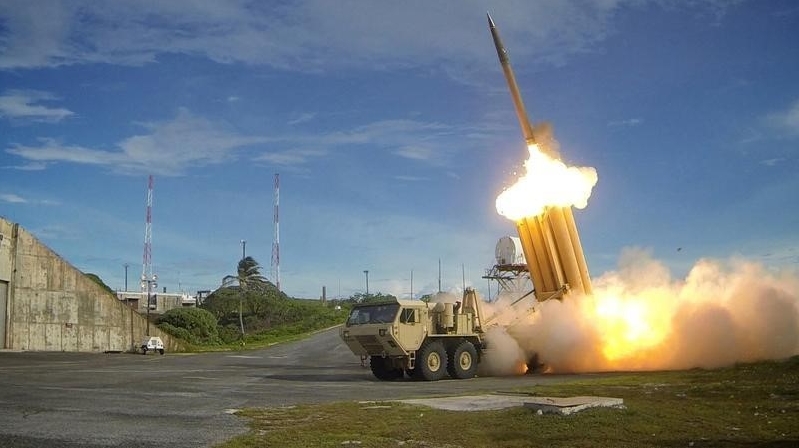
The successful missile defense test by the United States on Tuesday came a day after North Korea conducted inter-continental ballistic missile test off its coast, which landed within Japan's economic zone.
Pentagon officials confirmed that the ground-base defense missile system had intercepted the dummy intercontinental ballistic missile fired from Marshal Islands in the Pacific Ocean.
The ground-base defense missile shield, fired off from missile silo at Vandenberg Air Force Base in Los Angeles, intercepted and destroyed the target, officials from the Department of Defense said Tuesday.
"The intercept of a complex, threat-representative ICBM target is an incredible accomplishment for the GMD system and a critical milestone for this program," Missile Defense Agency Director Vice Adm. Jim Syring said.
The successful test came at a time when the United States must demonstrate its capability to deter possible nuclear attack from North Korea.
More than just the maturing of the missile defense shield, the Tuesday's successful test was the first conducted to simulate a nuclear warhead from North Korea heading towards the United States - the reason why the dummy missile was blasted off from the Pacific Ocean.
But Pyongyang, so far, has not demonstrated it is capable of hitting directly US mainland or even further with its present missile and nuclear technology.
The defense department conducted 17 tests of its missile defense shield since 1999. Only nine were partially or fully successful. And only half of the 10 missile defense system tests conducted in 13 years was successful.
The mock missile used in the test simulated the speed of an ICBM, similar to the North Korean missile fired off on Monday. To shoot down an ICBM is a challenge because its speed is faster than the short-range missile.
"This system successfully to the defense of our homeland, and this test demonstrates that we have a capable, credible deterrent against a very real threat," Syring said.
Pentagon officials, however, did not offer further details except by saying it is just like "a bullet hitting another bullet."







